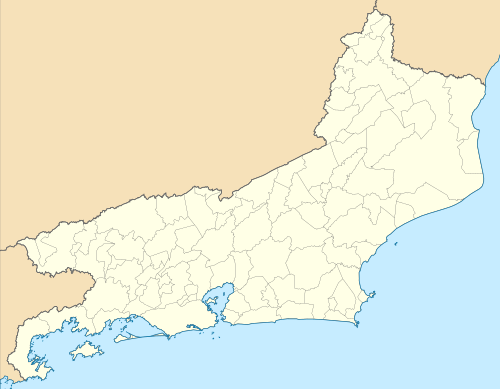In the main competition, the twelve clubs played each other in a single round-robin. This round-robin was the Taça Guanabara. The bottom team was relegated to the 2024 Série A2. While the top four clubs qualified for the final stage, the next four clubs (5th to 8th places) qualified for the Taça Rio. In the Taça Rio, the 5th-placed club faced the 8th-placed club, and the 6th-placed will face the 7th-placed. In the final stage, the winners of the Taça Guanabara faced the 4th-placed club, while the runners-up faced the 3rd-placed club. In both of these four-team brackets (the Taça Rio and the final stage), the semi-finals and finals were played over two legs, without the use of the away goals rule. In the semi-finals of both the Taça Rio and the final stage, the higher placed teams on the Taça Guanabara table advanced in case of an aggregate tie. In the finals of both brackets, there was no such advantage; in case of an aggregate tie, a penalty shoot-out would have taken place. [17]
The top four teams of the Campeonato Carioca and the winner of the Taça Rio qualified for the 2025 Copa do Brasil. Since Botafogo and Flamengo qualified for the 2025 Copa do Brasil via winning the 2024 Copa Libertadores and 2024 Copa do Brasil respectively, [18] their Campeonato Carioca berths went to the next best team. The top two teams of the Campeonato Carioca that were not already playing in the Campeonato Brasileiro Série A, Série B or Série C qualified for the 2025 Série D. [19]
This page is based on this
Wikipedia article Text is available under the
CC BY-SA 4.0 license; additional terms may apply.
Images, videos and audio are available under their respective licenses.

